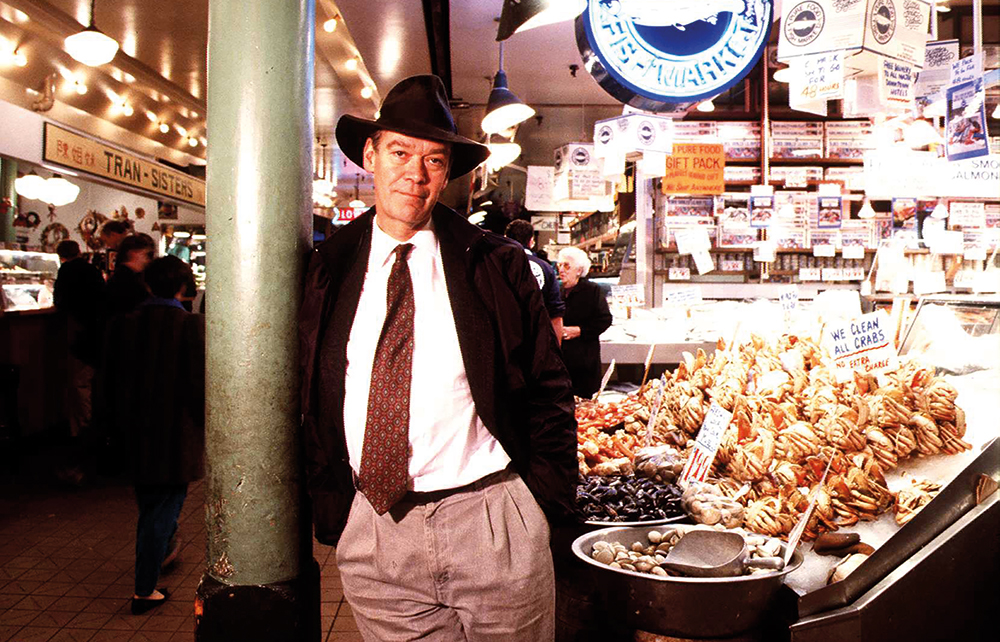Jonathan Raban, who died earlier this year, left this memoir almost complete. It tells two stories, artfully braided. One concerns the first three years of the author’s parents’ marriage, when Peter Raban was abroad serving in the second world war. He rose to become a major in the Royal Artillery, fighting in France and Belgium, evacuated from Dunkirk and proceeding to North Africa, Italy and Palestine. The second is about the author’s stroke in 2011, aged 69, his rehabilitation in a neurological ward where, on his first morning, a nurse asked ‘Do you want to go potty now?’, and the start of a new life as a hemiplegic.
Raban had a cameraman’s ability to switch to a wide-angle lens in a heartbeat
Peter and his wife Monica exchanged letters almost daily, and his form the heart of the book, penned in trenches ‘foggy with pipe smoke and the burnt wood smell of spent Swan Vestas’, along with his notes written 50 years later and the published sources of other men serving in the same theatres. The censor was rigorous (‘In my father’s reported war virtually nobody died, ever’), but, with Raban’s interpolations, the Anzio pages read like a military thriller.
Meanwhile, Monica and the small Jonathan (born in 1942) settle into a cottage without a plumbed toilet in Hempton Green near Fakenham, Norfolk, visiting Granny in Sheringham through flat lanes ‘imprinted with the muddy spoors of the tractors that were displacing horses on the farms.
‘I paddled tremulously in the foamy dribble’, Raban recalls; and from the bandstand ‘for a moment one could catch a scatter of cornets above the rhythmical bass grunting of the tuba’.
Towards the end of 1945, when most men were still not home, Monica had a breakdown – ‘she’s off her rocker’ – and Peter finally obtained compassionate leave and returned to Norfolk.








Comments
Join the debate for just £1 a month
Be part of the conversation with other Spectator readers by getting your first three months for £3.
UNLOCK ACCESS Just £1 a monthAlready a subscriber? Log in